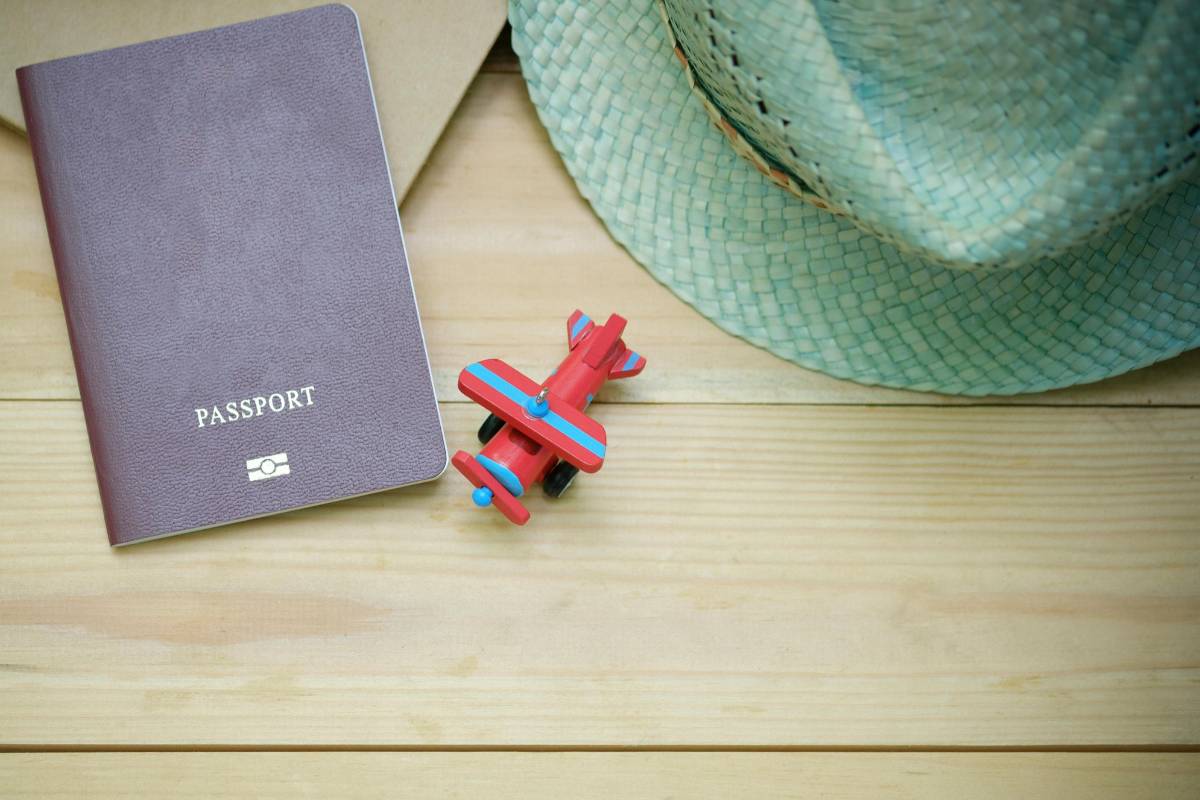Polish Passport by Descent: Unlocking Your Heritage

In today’s connected world, citizenship isn’t only about where you’re born or where you live. It goes deeper. For many people, reconnecting with family roots feels important. For others, having a second passport just makes life easier. If you’ve got Polish ancestry, there’s a real option here. You can claim a Polish passport through descent. That means you’re not only honoring your heritage—you’re also opening the door to EU citizenship. Pretty wild when you think about it.
And here’s the thing. It’s not just about Poland itself. Yes, you’d gain access to its culture, traditions, and history. But you also step into the broader European network. That means travel, jobs, education—so many possibilities. The process might look overwhelming at first. But for those who qualify, it often feels like rediscovering a missing part of yourself.
Table of Contents
ToggleBenefits Of Acquiring Polish Passport For Citizenship By Descent
A Polish passport isn’t just another piece of ID. It’s a slice of family history and a serious life upgrade. The biggest perk? Mobility. As a Polish—and EU—citizen, you can live, work, or study in any EU country. That’s 27 nations to pick from. Imagine hopping between Berlin, Paris, and Rome. Not as a visitor, but as someone who belongs there. For job seekers and students, this can be a complete game-changer.
Travel is another huge bonus. With a Polish passport, you get visa-free or visa-on-arrival entry to tons of countries. No more stressing over paperwork before every trip. For frequent flyers, businesspeople, or curious explorers, that’s gold. Dual citizenship also gives you security. If your home country faces tough times, you’ve got a “plan B.” That safety net feels good to have.
But it’s not only about the practical side. Citizenship by descent reconnects you with your roots. You trace family names, uncover old stories, maybe even learn Polish. It builds identity and belonging. For some, it’s also healing. A way of carrying grandparents’ or great-grandparents’ legacies forward.
Curious about the steps to start? Organizations like Lexmotion can guide you through the process.
Understanding The Eligibility Criteria For A Polish Passport
Now let’s talk eligibility. To qualify, you need proof of a direct bloodline from Polish ancestors. Sounds simple. But the paperwork? Not always. You have to show your ancestor held Polish citizenship. And that they never renounced or lost it. That means digging up old birth certificates, marriage records, and immigration papers. It feels like detective work. Sometimes exhausting, but also rewarding.
History makes it tricky. Poland’s borders and political regimes changed drastically in the 20th century. Citizenship laws shifted with them. That complicates things. Which is why experts—lawyers or genealogists—can be a huge help. They guide you through eligibility, documents, and the legal maze.
Here’s one important detail. Polish citizenship passes down through both mothers and fathers. But the laws changed in different periods. So timing matters. Lining up your family tree with the right laws can decide your case. Many applicants miss that, and it can cost them success.
Recent Digital Improvements In The Application Process
There’s some good news. Poland has modernized part of the process. Initial steps like registering or sending early inquiries can now be done online. Very handy if you live abroad. You don’t have to travel to Poland just to get started.
Not everything is digital though. The main paperwork and verification still need official documents. But the updates do cut wait times. Communication with authorities is also smoother. If you’ve ever sat refreshing your inbox for official replies, you’ll appreciate the change.
Application Process And Legal Considerations
Once you’re sure you’re eligible, the process begins. First, gather all the documents you need. If they’re not in Polish, you’ll need certified translations. Then, file your application. Usually, this happens at a Polish consulate or embassy where you live.
Processing takes time. There’s no fixed timeline. It depends on how complex your case is, and how busy the offices are. Patience is essential. Staying in touch with the embassy or consulate helps prevent delays.
Legal guidance also matters. A lawyer who knows Polish citizenship law can make things much smoother. They’ll check your paperwork, explain legal updates, and even represent you if needed. It removes a lot of stress and second-guessing.
Conclusion
Chasing Polish citizenship by descent can be deeply rewarding. You gain more than a passport. You reconnect with your heritage and open new doors for the future.
The eligibility rules, documents, and application steps may seem daunting. Legal advice can make them easier to handle. And the payoff is huge. Stronger ties to your family’s past. More opportunities across Europe and beyond.
Published by Carol Jones
My aim is to offer unique, useful, high-quality articles that our readers will love. Whether it is the latest trends, fashion, lifestyle, beauty , technology I offer it all View more posts







